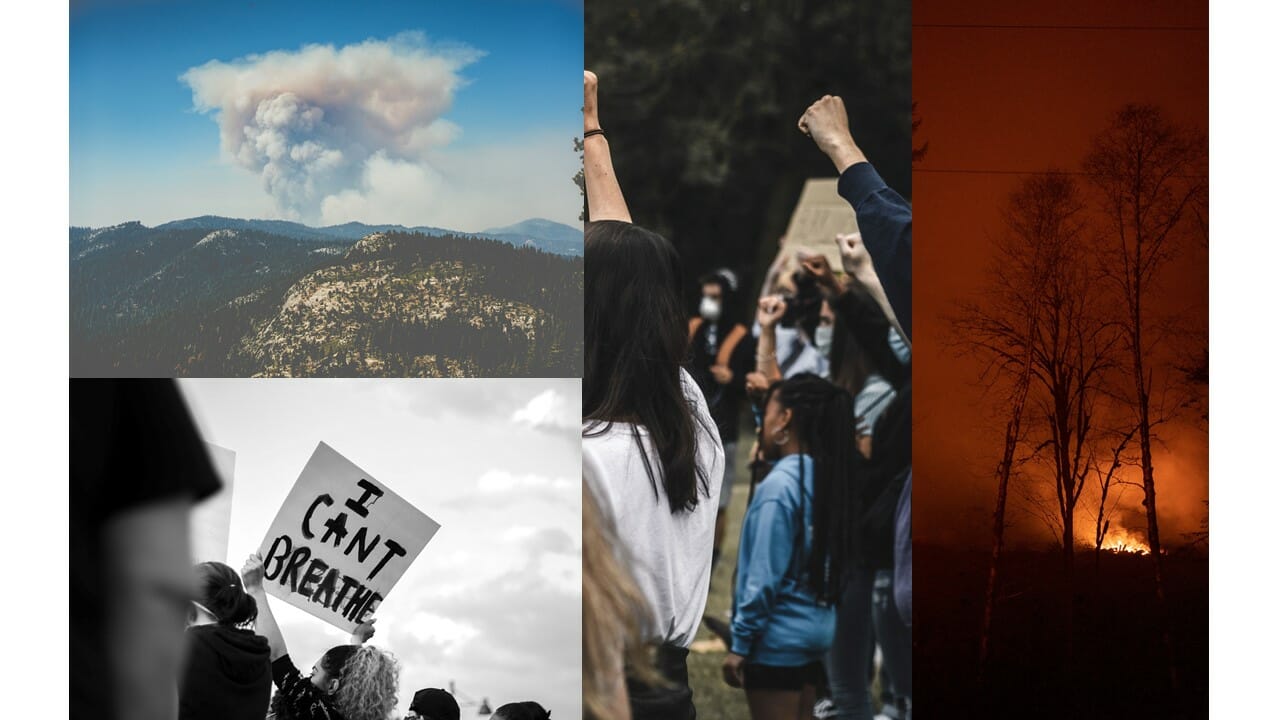Editor’s note: This post is the first of a series from Rene Henery, PhD, Science Director with TU’s California Program. Henery is an eminent ecologist leading TU’s efforts to improve the timing and volume of flows in the Sacramento and San Joaquin River systems, recover wild salmon and steelhead runs, and build partnerships with agricultural operators and other stakeholders to restore and reconnect key habitats. Henery also is one of the core staff working to advance TU’s practice of Diversity, Equity and Inclusion, and a lifelong angler.
Prologue
What I am feeling…
This spring and summer have been one of the most intense stretches of time I have experienced. The dynamic pressures of the pandemic, civil unrest as our country grapples with its history of inequity and oppression… My heart aches… My body feels heavy…
I experience waves, waves of crushing fatigue that seemingly come from nowhere and are uncorrelated with how much sleep I’ve had or how active I have been, waves of fear and anxiety, waves of frustration… Sometimes the origin of these waves is non-specific, faceless, masked. Sometimes it is pointed; sometimes it has a human face: the face of the U.S. President, George Floyd’s face. Sometimes the face is my own.
I keep reminding myself to relax my chest, my jaw, my eyes… to unclench my stomach… to breathe more deeply… to drink water. I watch myself revert to habit, routine, business, and it is all unsatisfying. I cling to the tasks of my work in conservation as an anchor for familiarity and survival amidst so much uncertainty in the world, in the economy, in the persistence of other living things… And that work often feels unimportant or out of sync in the greater scheme of the moment and all that is moving in it.
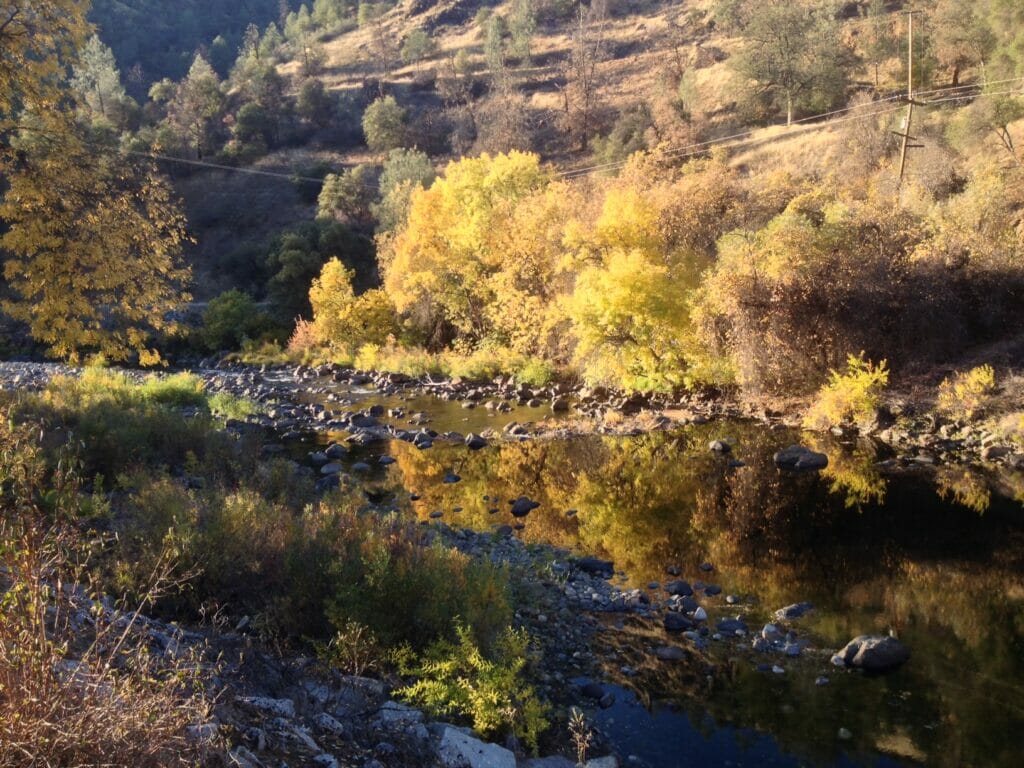
Above all, I have a sense that being with all that is moving in and around me, giving the feelings space to arise, and feeling them is my foundational work in this time.
Why I am writing…
Since the protests, civil unrest and mounting tensions around inequity and injustice for black, indigenous, and people of color (BIPOC) in the United States, I have received a wave of outreach and outcry. Friends and loved ones, colleagues, community and acquaintances checking in, touching base, reaching out, seeking connection, orienting, wondering, searching amidst the disorienting pressures of this complex time.
As the protests have grown and spread, and inequity, injustice, and the systemic dysfunction of law and law enforcement, especially in regards to race and BIPOC have occupied the attention of the media, an increasing amount of that outreach has come from white identified members of my community, always with loving offers of support, often with requests for guidance or counsel for navigating these complex times, sometimes with ambivalence or apologies for making the request and their perception of themselves as adding to the pressure on a person of color amidst so many other pressures.
My experience of this outreach has largely been one of overwhelm, of the limits of my capacity, of the extent of what is being uncovered and churned in the field of human connections to which I belong. At the same time, I feel the opportunity, the collective fatigue with old patterns and abuses, the stresses of isolation, the mystery of the future in the context of COVID and Climate change.
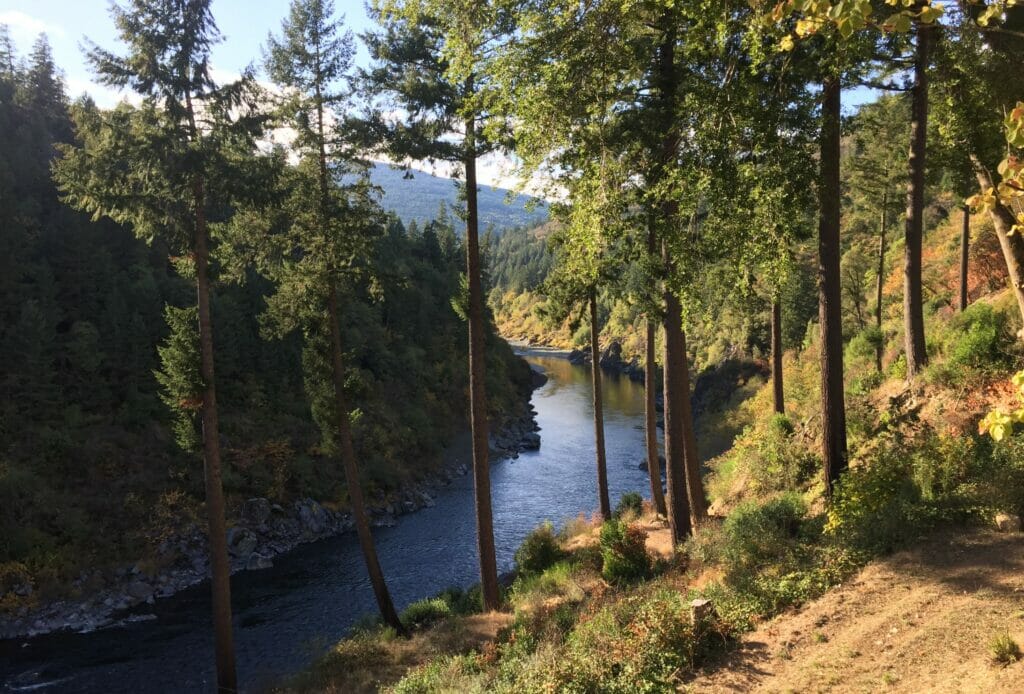
I want to meet and honor the caring offers and vulnerable requests I have received in my most authentic, constructive, and whole way. I want to be of service to life in this moment.
I am one of a handful of BIPOC identified people working for TU, a predominantly white, privileged, male identified conservation organization. Though I grew up fishing, I chose to dedicate my career to Salmon and rivers not because of affection or fascination with a charismatic species or their pursuit as a hunter, but because I believe we are all connected by water and that the condition of Salmon and the rivers they inhabit are an indicator for the condition of people and the life systems to which we belong.
I appreciate working for TU because I experience it as a microcosm of and inroad into the challenge and opportunity of connecting across difference to support the health of the whole. My identity as a “scientist” often results in others looking to me for (ever illusory) “objective information.” In truth, I don’t believe such a thing exists. Instead, I experience my own and our collective desire for it as the expression of a culture, a mode of being, that seeks to create safety through stasis; stasis in the form of the known, the labeled, the categorized, the valued, the managed, the predictable.
That statis-oriented mode of being is now being challenged by the increasing dynamics of our changing world. As the climate shifts, human populations grow, pressures on natural systems intensify, our strategy of managing our world for stasis is becoming increasingly energy intensive and less effective. Our societal levees are no longer a match for the rising flood waters of the rivers, on the landscape and within our emotional bodies, and those rivers are spilling. Amidst that inundation lies, I believe, an invitation towards a different strategy grounded in presence, adaptation, and growth.
My sense is that the medicine for this time of intense polarity, confusion, pain and fear, is not more attention to facts, prediction, and control, but rather more attention to the deeply personal; more empathy for subjective individual experiences. We need healing, personal and collective; we need pathways to re-connection, with one another, with our changing world; and we need new modes of being that strengthen our societal weave rather than unravel it.
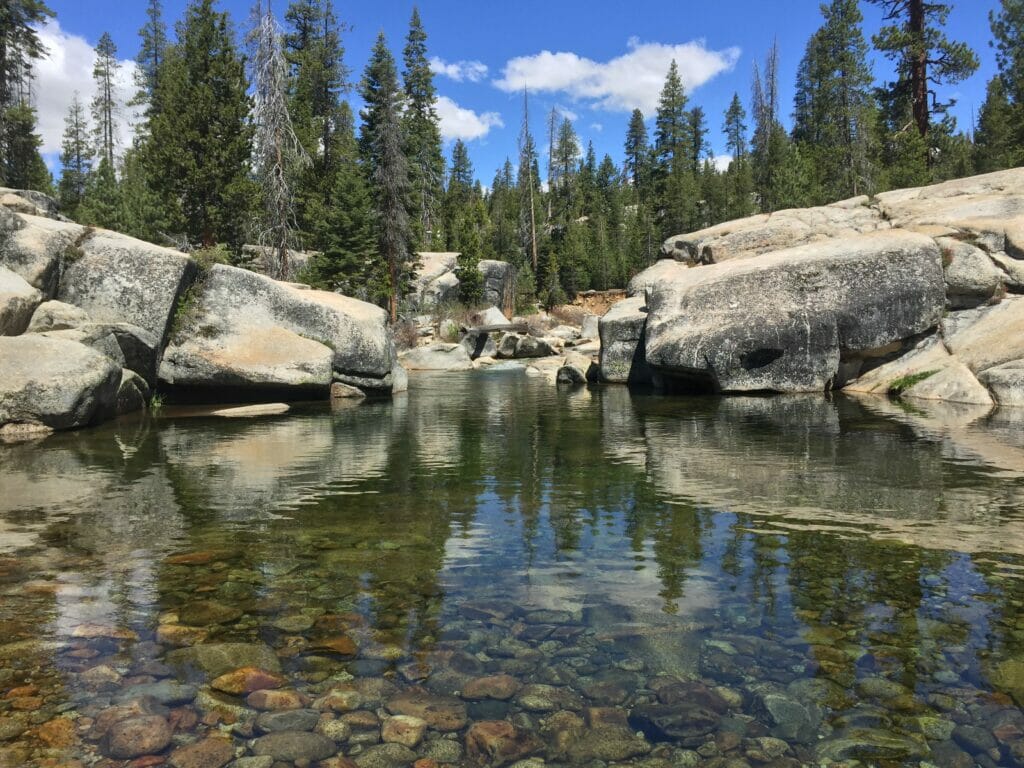
In this new context, more than science, my sense is that the most substantive supports I can offer are simply my personal process and experiences, and my presence and care for the experiences and processes of others. With all those feelings alive in my heart and mind, I am embarking on this blog series.
My hope with this series is to express, explore, and sort some of what I have been experiencing in this complex time; to be of service by vulnerably offering a window into my own journey with growth and healing, in the event that there is something in my process and perspective that can be of service or support to others in their (your) own; to invite in others’ experiences; and to open space for deeper dialogue and connection.
As I open up some of my own experiences over the next several weeks, I also invite you to share with me any questions, reflections, frustrations, or other things alive in you. You can connect by sending an email to trout@tu.org. The nature and extent of what you share will help shape my subsequent entries, as I simultaneously learn about you, the world to which I belong, and myself as a tiny piece of a whole. Thanks for your energy and interest. Off we go…
Part 1
What I am feeling is not new: Old wounds in a new time
Over the past few months, I have been inundated with outreach from the many personal, professional, academic, and support networks I am privileged to be a part of. Initially, many of the (mostly white identified) folks who reached out to me conveyed, in some way, their experience of an unveiling, a laying bare of the latent racism, injustice and inequity in the United States and the profound impact that experience was (is) having on them. Many of them have since leveraged the intensity of that shock as motivation to learn more about the history and nature of those currents in our nation and ourselves – important work for which I am grateful.
Still, it feels important for me to share that shock has not been part of my experience of this time; that the intense, in moments debilitating feelings I have been experiencing are not new to me and do not emanate from something I experience as new, recently revealed, or passing and poised to go away and return me to “normal.” The pandemic is not to blame. It may be increasing the intensity of the moment, but it is not the root cause of my experience. Nor are any of the recent police shootings.
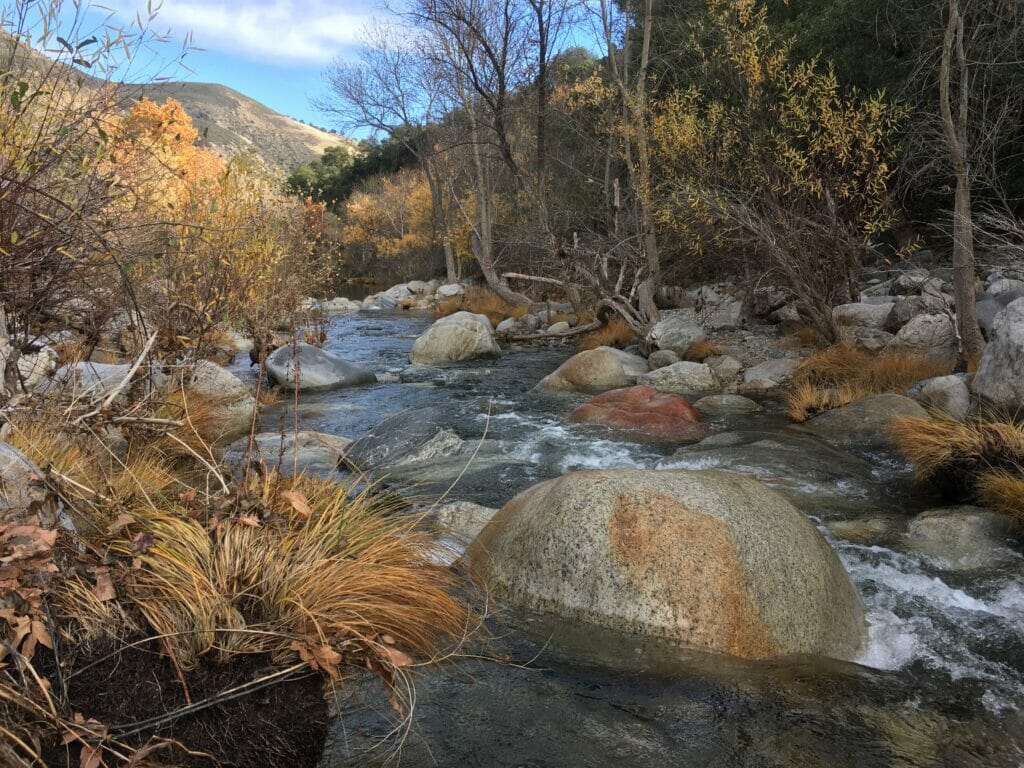
I have spent most of my life (all my adult life) acutely aware of and tracking this ongoing component of reality. I feel it in my reaction to the police cars I see when I’m driving, in the paralyzing fear that has welled up in me the times I have been pulled over and/ or otherwise stopped, profiled, harassed, singled out, threatened, or demeaned by all manner of law enforcement; in the weightiness I feel every time I drive by a group of police standing around a BIPOC individual or family searching, questioning, interrogating; in the familiar anxious, weary, pleading looks in the eyes of those individuals, and the too often incongruous defensive, fearful, and overtly hostile looks in the eyes of the officers.
To be clear this is not to belittle or diminish the intensity of the “unveiling” experience in this time relative to injustice and inequity many, mostly white-identified Americans are experiencing, the very real impact that experience is having, or the importance and potency of that awakening for the collective. Nor is it intended to judge or condemn anyone for having that experience.
The President is not to blame. Nor is the pronounced lack of awareness in my experience of other, prior white-identified male “leaders” in my lifetime – or the fears that surface in me for my own well being and the well being of others when I hear thinly veiled endorsements of white supremacy or overt threats of military violence on our own citizens.
Certainly, all these pressures and others are affecting me. However, my sense of what I am feeling primarily, is the weight of the collective multi-generational trauma from all the systems of oppression, suppression, bias, and othering; the collective relational wounding from the ways we have and continue to hurt and be hurt by each other; and the way the opacity of our scars individually and collectively obscures our access to an experience of connection with one another and all life.
My intention is that in naming and unpacking some of my own wounds and relationships with these feelings here, I can create more space for them in myself, and support others in their work to understand and navigate their experiences.
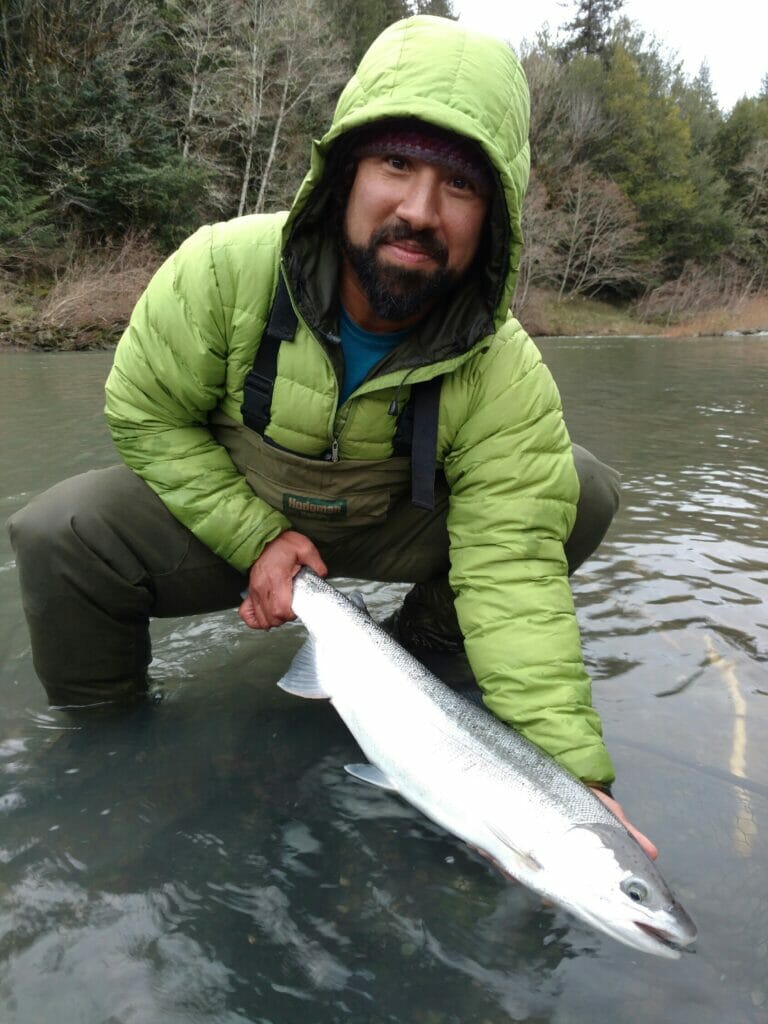
Disclaimer: The thoughts and feelings I share are simply a window into my dynamic, evolving and imperfect experience at this time.
Any perspectives, concepts, tools or practices that I include in the context of my own process do not originate from me. They are all things I received directly or indirectly from the system of people and relationships to which I belong. In some cases, I may include mention of specific people or attribution for specific perspectives. I may also include resources (writing, videos, etc.) at the end of the piece to facilitate further exploration for those interested. It will not be all-inclusive. It is a beginning…
It feels vulnerable to externalize all of this. I do so in the hopes that it will support our being more connected and my being of service to you. I welcome conversation or engagement around it or anything it stirs. If you would like to share any of your own experiences, feelings, or questions, please do so via an email to trout@tu.org.
Resources
This list below is not intended to be comprehensive but rather a partial introduction (in no particular order) to some of the concepts, work, and heart-centered beings that have been in my consciousness through my process of writing this.
Podcasts
- Angel Kyodo Williams – The World is Our Field of Practice – Interview On Being https://www.wnyc.org/story/283e3753cd767f2a57e51d7b/
Videos
- Brene Brown – The Power of Vulnerability – Ted talk https://www.ted.com/talks/brene_brown_on_vulnerability?language=en
Books/ Articles
- For Our White Friends Desiring to be Allies – Courtney Airiel https://sojo.net/articles/our-white-friends-desiring-be-allies
Musical Inspiration
- Marvin Gaye – What’s Goin’ On https://www.youtube.com/watch?v=o5TmORitlKk
To read the rest of Henery’s series, Recovering Belonging, click here.


